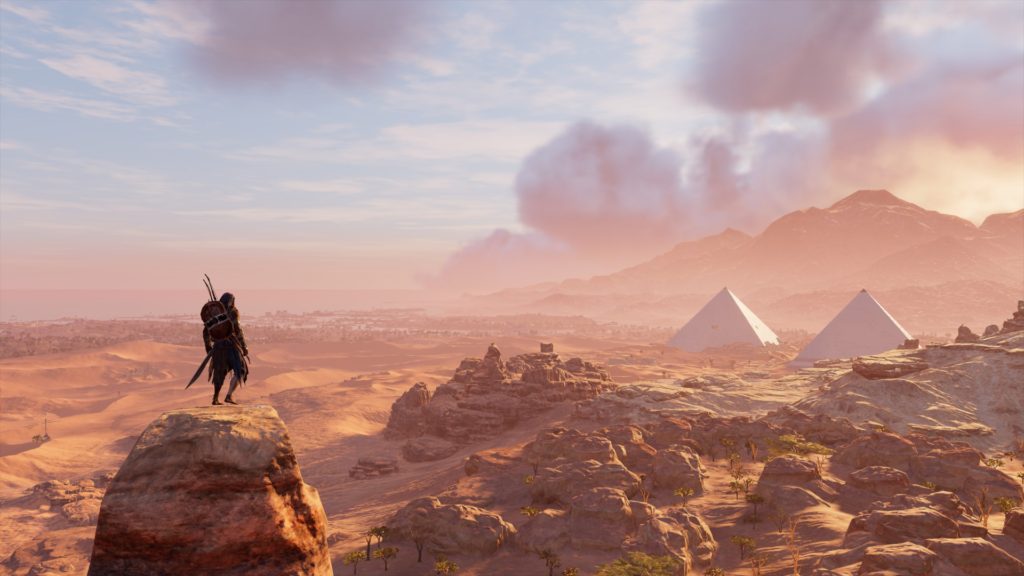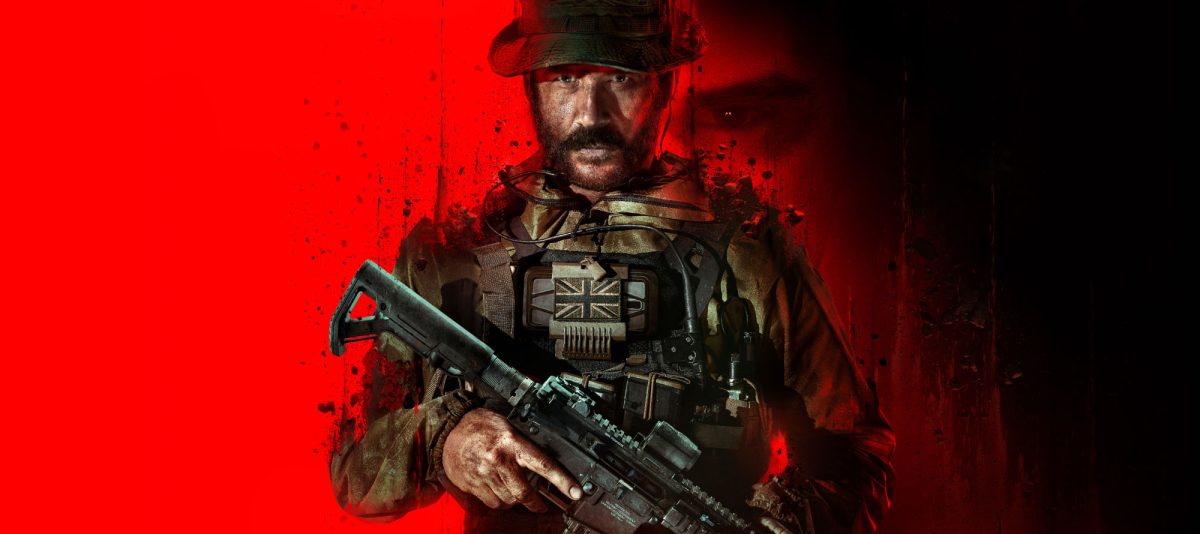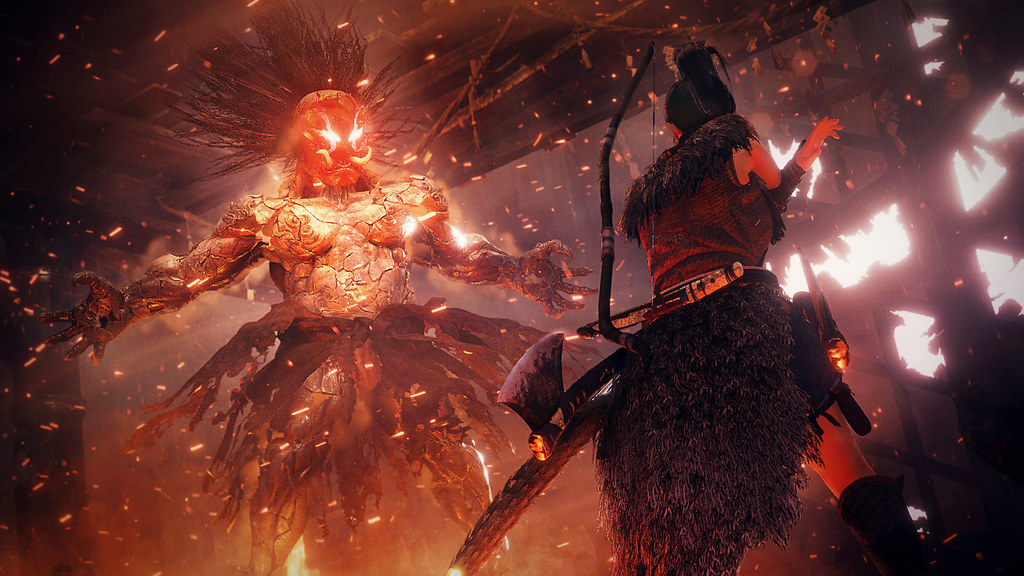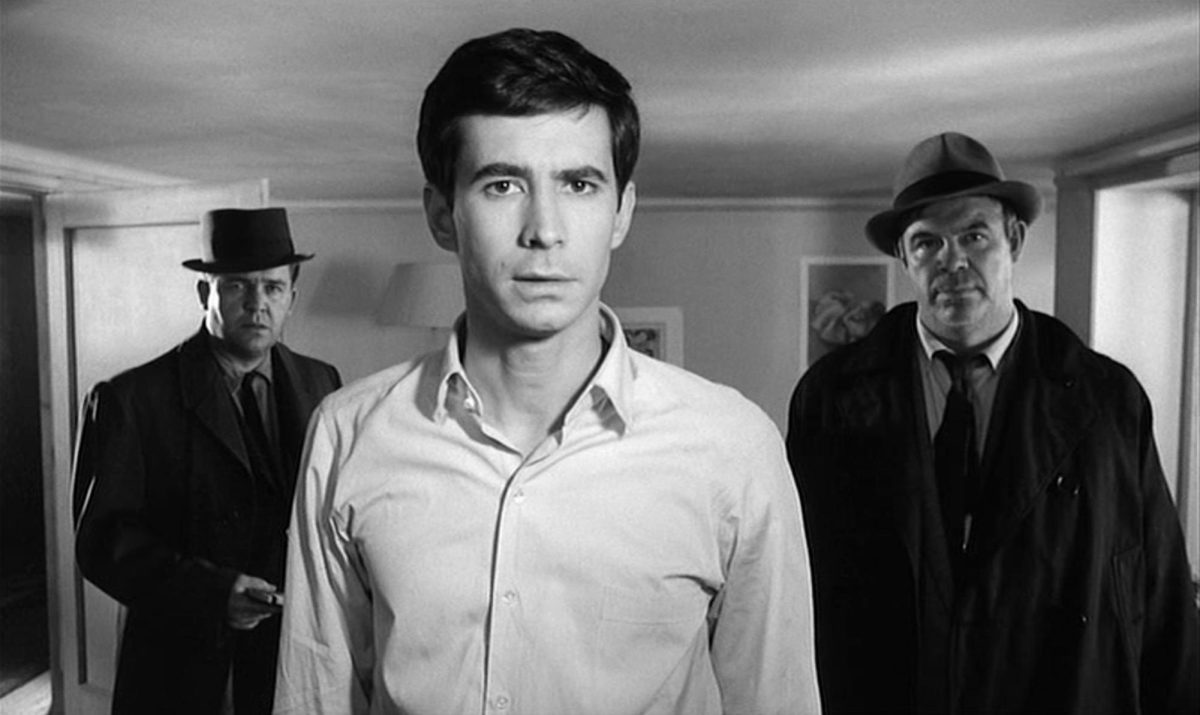By Dan Wenerowicz
After taking a two-year hiatus Assassin’s Creed makes a return, this time taking us to Egypt over 2,000 years ago. We go farther back in time than any of the previous games, but much farther forward in terms of changes to the core philosophy of what makes an Assassin’s Creed game. Origin’s is a much-needed reinvention of its predecessors that manages to keep the franchise’s signature feel.
As hinted in the title, Assassin’s Creed: Origins takes us to the origins of the Assassins Brotherhood. The protagonist is Bayek, a Medjay of Egypt. A Medjay is a protector of Egypt, a guardian of the Pharaoh, and upholder of Justice for all living within. What’s missing in that list of duties? Assassinations. This is one of the key differences between Origins and other Assassins Creedgames. Bayek is not an assassin, and though stealth is still a part of the game, the fact that Bayek is not an assassin lays out a larger theme for the game as a whole. This is especially true when it comes to Bayek’s character and motivations.
Bayek’s son is killed when masked men from a mysterious order enter Siwa, the region that Bayek protects. This again separates Bayek from previous protagonists in the series, as it has nothing to do with the Assassin’s or the Templars. Bayek begins a quest of vengeance, along with his wife Aya, to kill all the men involved in their son’s death. He isn’t stuck in a perpetual feud of brotherhoods and artifacts leading to the same path as previous protagonists. He is a very in-depth character with a personality that really grew during play through. He is charismatic, humorous (in an unintentional manner much of the time), and he is a scarred man with his own belief in the good of Egypt as well as revenge for his son.
The motivations and the character of Bayek are sound, but it’s in the main story of Origins where the writing begins to fall flat. Many of the pieces for a potentially compelling story seem to be there. The game has an interesting starting point for a story, a great protagonist with supporting characters, and an ancient world full of deep history. Those aspects remain prominent throughout the game, but the lack of an interesting adversary and poor pacing are what hold the main story back. The order that Bayek is after does slowly reveal itself, but the people mean nothing to him and are essentially just the bad guys ruining Egypt that need to be killed. Had there been more insight into who the antagonists are and how they connect to Bayek, the villains of the story would be much more interesting. The pacing is what really throws the story off. It feels very inconsistent in a lousy way. There would be points that felt rushed and needed more attention; while others would slow down, dragging on for far too long. The main story does have worthwhile elements as mentioned, but there was a disconnect between the narrative and myself. I often found myself uninterested in what would happen next.
That certainly doesn’t mean that Origins is a boring game. In fact, the opposite is true and I found myself captivated by the world I was playing in. Origins is by far the best-looking game in the series, and being able to see ancient Egypt in such detail is truly incredible. Every city in the game feels like a thriving place that is full of life. You can see people going along with their everyday lives, houses filled with real to life items and art, and towering landmarks from the ancient world. Even surrounding areas outside of cities have photorealistic landscapes stretching for miles, with everything from marshes full of towering Sobeks to the deserts with the legendary Pyramids of Giza. It is in this world where the game starts to shine and grab a hold of the player.
The grand and detailed world in Origins doesn’t just look fantastic; it brings with it many firsts for the series as a whole. There is now a day and night cycle that can be freely shifted through. There is no mini-map, but instead a Skyrim-like compass at the very top of the screen. The map itself is marked by levels and can be traveled to at will; each filled with a plethora of side quests to play through at any time. Places to explore, such as old tombs and sacred monuments, litter the map – all providing some treasure or lost secrets. All of these new additions to the series change the way that the entire game is played. Instead of running from main quest to main quest and maybe picking up some collectables along the way, I found myself exploring almost every single point of interest on the map. In past games of the series there is an overabundance of things to do, and by the end can start to feel like a chore. In my 70+ hours in the game I was excited to explore each point; whether it be a lion’s den, a bandit fortress, or one of the old Pharaoh’s tombs.
Side quests fall in the same category as the points of interest across the map. There are over 100 of them, and toward the end of my play through, they too could start to feel like a chore. Still, a majority of the quests were surprisingly well written and genuinely interesting. They didn’t feel like obligated padding to the game; there was a larger importance to them. Much of the time, they played more into the character of Bayek than the quests of the main story. Some quests brought out the humor that can be found in everyday errands for a rich daughter, many showed the compassion Bayek has for children and the people of Egypt, while others showed his ruthless side and the weakness he has for the death of his son. In other words, this is the first time I found myself playing an Assassin’s Creed game structured as a role-playing game. I actually spent a majority of my time going through each point on the map and each side quest. I played the game as a protector of Egypt, roaming from place to place, seeing landmarks and helping those in need from the soldiers terrorizing everyone, but this time not as an assassin on a mission for the brotherhood.
The new RPG structure in Origins is solidified in the progression system implemented this year. Also first time additions to the series, there are now three major changes to progression. There is a leveling system, an in-depth skill tree, and weapons that apply varying statistics to Bayek. These additions affect what zones you can effectively play in and how powerful Bayek is; both very RPG like elements. The biggest of those three is the new weapons system in Origins.
Early on in the game Bayek can carry two bows and two melee weapons with a shield. There are four bow types and seven types of melee weapons to choose from, each with their own unique combos, style, and abilities. They also come in tiers, ranging from common, to rare, and legendary; the latter having the most powerful perks and their own unique designs. All of these weapons can be earned in three ways. They can be purchased from a vendor, quests can be completed to attain them, or they can be found in loot chests around the world. The variety of weapons and ways in which to get them certainly adds a new dynamic to the game that ended up being another one of my favorite parts about the RPG like system. I was always eager to get a new weapon to try out; collecting unique weapons quickly became something I looked forward to every time I played.
On top of the new variety in weapons, we get what is perhaps the best combat system in an Assassin’s Creed game to date. Combat has been re-designed for Origins, now following more of a Dark Souls/Witcher 3 structure. Weapons have charged attacks, lights attacks, and heavy attacks instead of one attack button to constantly spam. Defense is also wildly different, as you can’t simply counter and kill each and every enemy that attacks. Parrying, blocking, and dodging are all key mechanics to being a skilled Medjay. This is especially true in large groups with archers, or any of the bosses you fight throughout the game. There were certainly more than a few instances where the new combat felt clunky or slow. Sometimes, there were problems with target locking and hit registration. This was enhanced for me as well, as I chose to play on hard (another first for the series), and every hit and dodge was crucial to my survival. Regardless of the sometimes-clunky fights, the combat system is more than promising and with a few fixes the combat will be perfect for the series.
Unfortunately, there is a trade-off for this new and improved combat system. The stealth system takes a surprising back seat in Origins as Assassin’s Creed is known for assassins – it was a little bit of a letdown. All the signature moves are still there; the hidden blade, whistling to call a guard over for the kill, and jumping from a tower into a stack of hay to hide. The areas built for stealth feel like they may have taken a step back, as there is less room to be creative assassin, and places around the world are a lot less vertical. Stealth can certainly still be fun, and is definitely viable in Origins, but it doesn’t feel as rewarding and it lacks innovation.
A common experience of past Assassin’s Creed games is the host of technical issues. Origins isn’t the worst of them, but there are certainly more than a few issues. FPS (frames per second) drops were the most significant of them all. Random events, cities, and combat could make the game drop frames and in turn stutter even on a high-end PC. I resorted to locking my frames at 30 fps for a period so it wouldn’t stutter while I was fighting. I also encountered multiple crashes and in-game glitches, such as getting stuck in another dimension under boats, or rendering glitches for non-playable character models. This seems to be less of a problem on consoles, but consoles are locked to 30 fps by default. It could be the price we pay for such a beautiful game, or just sloppy polishing. Either way, it does affect an otherwise flawless world.
For many players after Assassin’s Creed Syndicate, the series had become stale and lost the greatness it once contained. Many believed an extra year to build this game would do nothing and that we would only be disappointed yet again. Those assumptions couldn’t be farther from the truth, and that extra year has truly brought us a refreshing new game in the series. Many risks were taken with Assassin’s Creed: Origins and they all pay off. Egypt is full of life and detail, giving us a glimpse at the times of Caesar and Cleopatra. Combat has been changed completely for the better, and RPG elements take the front seat for the first time. There are definitely some improvements that can be made, but Origins is one of the best games in the series to date and there is a ton of promise for the next game to come.































